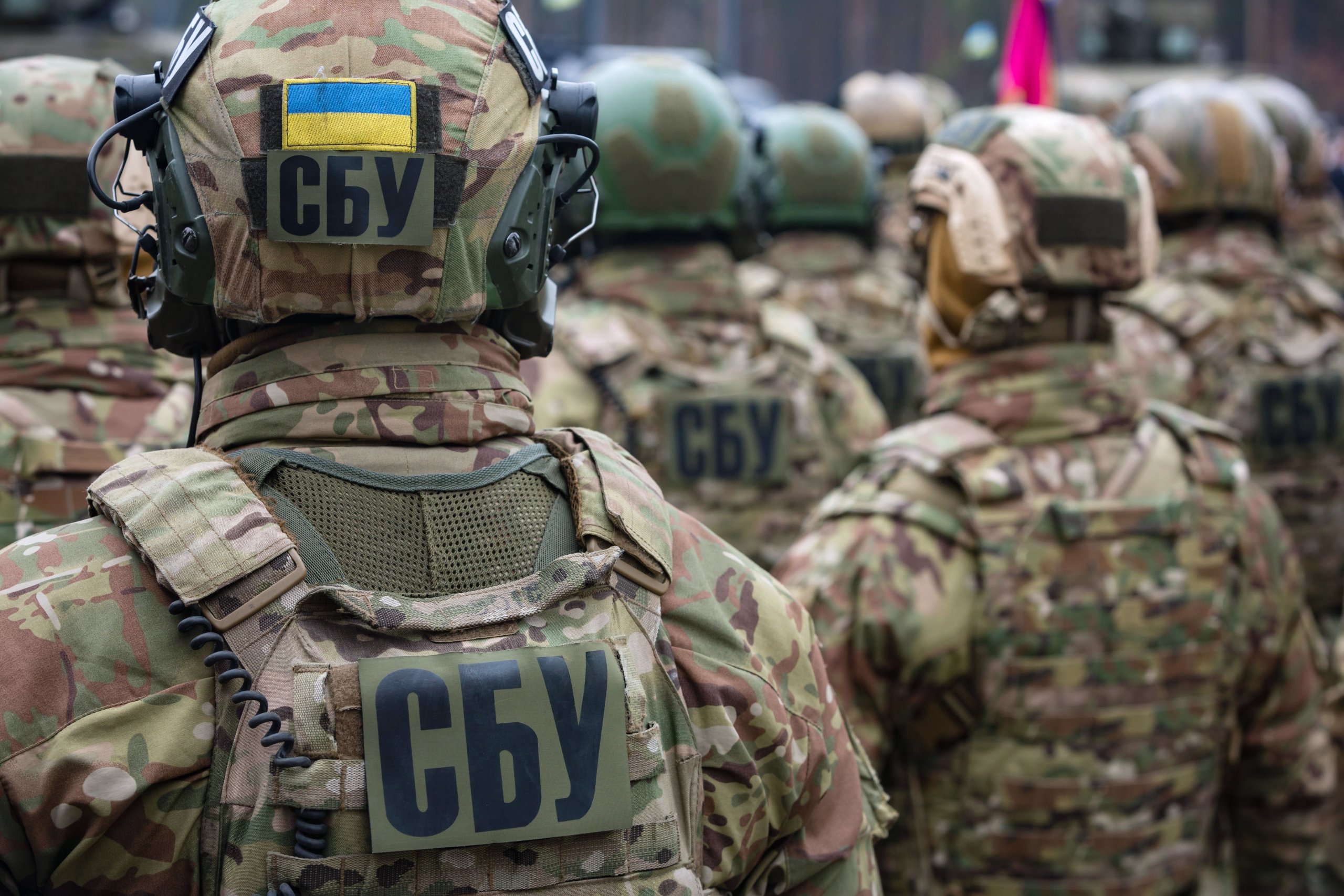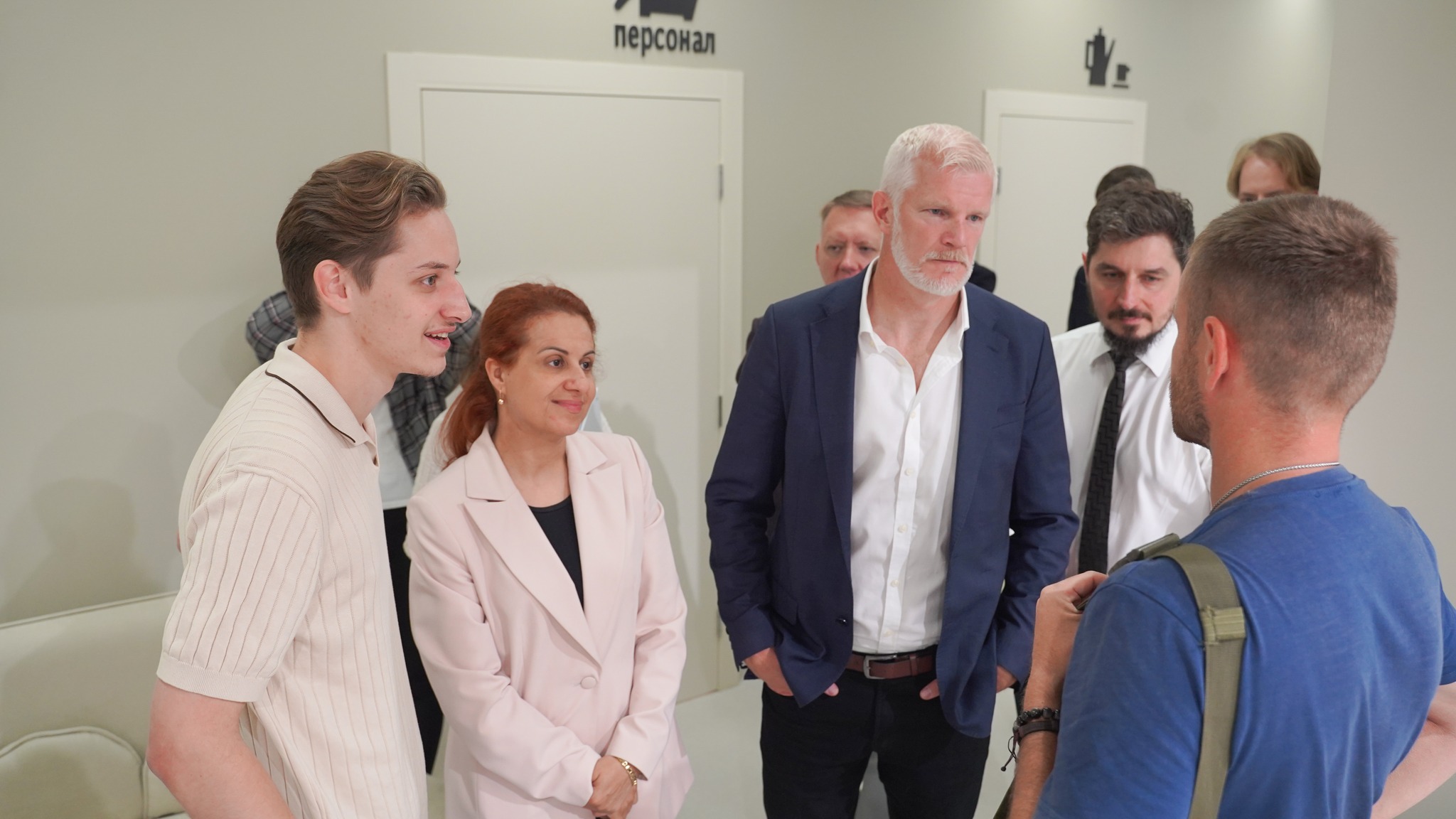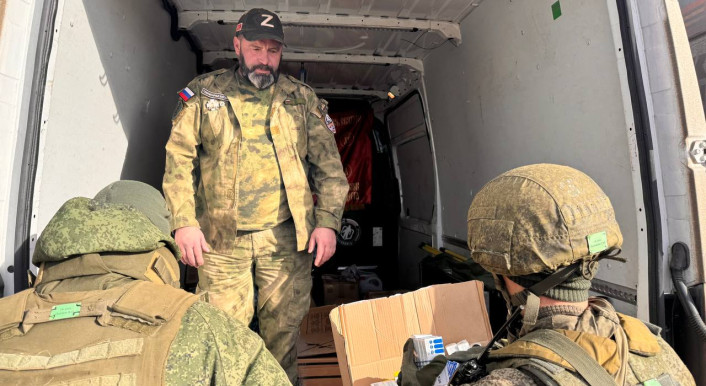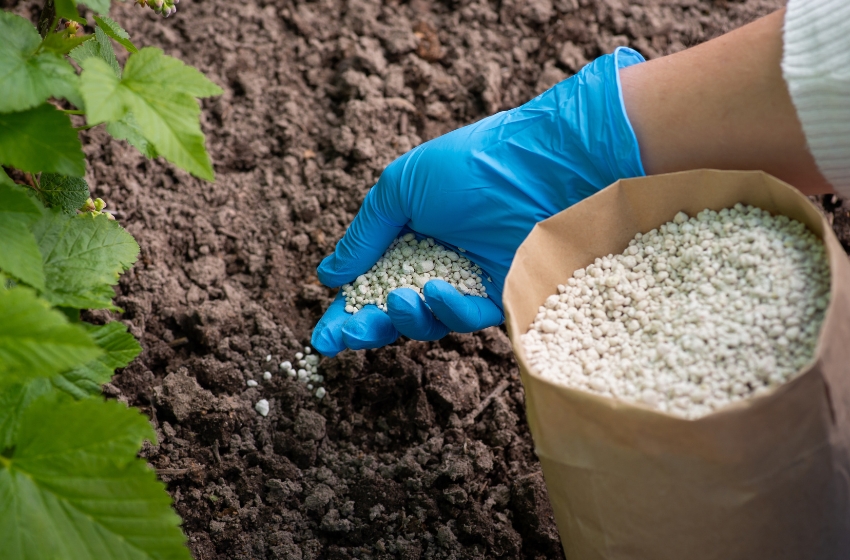The Russian war in Ukraine has created new social tensions and exacerbated existing ones within Russia, which remain highly visible in the Russian information space despite ongoing Kremlin censorship efforts.
Relatives of mobilized personnel continue making widespread complaints and appeals for aid for mobilized personnel despite reported Russian efforts to censor such complaints.
Russian opposition outlet Vazhnye Istorii reported on November 29 that Russians have sent over 180,000 complaints about issues concerning the Ministry of Defense (MoD) to the Russian Presidential Office for Working with Citizens’ Appeals since the start of the full-scale invasion of Ukraine in 2022.
The majority of these complaints reportedly concern payments to soldiers, mobilization status, missing persons, and poor medical care.
The Kremlin has also been capitalizing on recent ethnic tensions in Russia to support ongoing force generation measures and appeal to Russian ultranationalists, establishing a cycle that keeps these tensions at the forefront of ultranationalist dialogue.
The Ukrainian Main Military Intelligence Directorate reported that protest activity and social tension are increasing in Russia, particularly in western Russia, due to the war in Ukraine and that the top echelons of Russian leadership are discussing these tensions.
The Ukrainian Main Military Intelligence Directorate noted that increasing crime, alcohol abuse, inflation, and high consumer goods prices also contribute to rising social tensions, and many of these factors are likely exacerbated by the continued Russian war in Ukraine.
The Kremlin has consistently failed to place Russian society on a wartime footing to support the Russian war effort, and the shifting poll numbers and exacerbated social tensions indicate that this failure is having a tangible effect on Russian society ahead of the 2024 Russian presidential elections





















